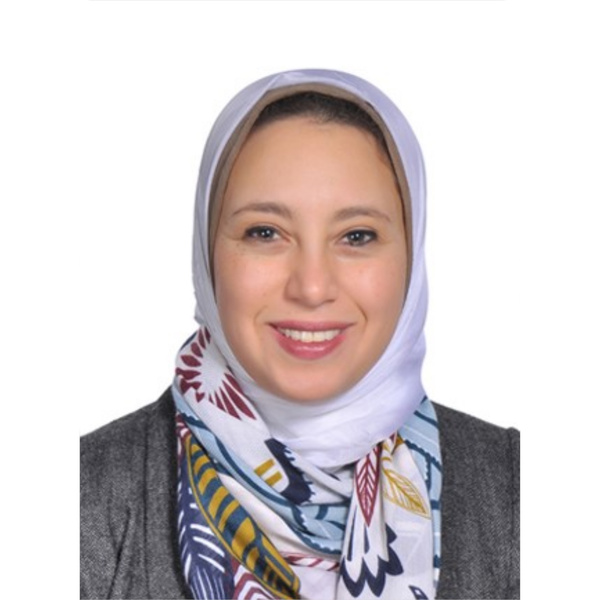
Dr. Sara Badr
Project Assistant Professor
The University of Tokyo
Sara Badr is a Project Assistant professor at the Department of Chemical System Engineering at the University of Tokyo. She specializes in process design, simulation, and assessment for strategic decision-making purposes. She is involved with several international industrial and academic multidisciplinary collaborations. She has received her bachelor’s and master’s degrees in Chemical Engineering from Cairo University, Egypt. She has completed her Ph.D. at ETH Zurich in Switzerland (2017) on the topic of sustainability assessment of carbon capture technologies. She then moved to Chalmers University of Technology in Sweden as a post-doctoral researcher, where she was working on the design of integrated biorefinery concepts. She is currently working on the design and continuous improvement of advanced pharmaceutical manufacturing systems at UTokyo. She has recently received the Young Investigator Researcher Award at The Society of Chemical Engineers’ Japan 84th annual meeting. She supervises the research of multiple doctoral, master and bachelor students.
Design and continuous improvement of advanced biopharmaceutical manufacturing processes
Monoclonal antibodies (mAb)s are therapeutic proteins that play a revolutionary role to treat cancer and autoimmune diseases among others. Their market has been rapidly expanding and is expected to double in the next five years while production facilities cannot expand at the same rate. This work focuses on increasing production efficiency along all stages of the manufacturing process.
Drug substance manufacturing for mAbs consists of upstream cell cultivation activities and downstream purification units to retrieve the active pharmaceutical ingredient (API). This work involves the design of new integrated systems exploring innovative manufacturing techniques e.g. using continuous operation to increase the productivity and production flexibility; and novel equipment material, e.g. single-use manufacturing equipment to reduce changeover time. Comprehensive maps are built to outline the impacts of such novel process alternatives on production time, costs, and environmental impacts. The process impacts are correlated to cell performance and product specifications, and production phase with different demand volumes and available facilities, e.g. clinical trials or full-scale.
Biopharmaceutical drug product manufacturing involves filling API into, e.g. vials. Changeover operations, e.g. decontamination, can represent a significant portion of the working time. Production data and innovative machine learning algorithms are used in this work to reduce non-value-adding working time through predictive monitoring of the operation and early detection of failures thus avoiding subsequent repetitions of failed runs leading to significant financial and time savings. Additionally, deeper process understanding is achieved by conducting root-cause analyses to isolate the sources of errors and map their impacts on the system.